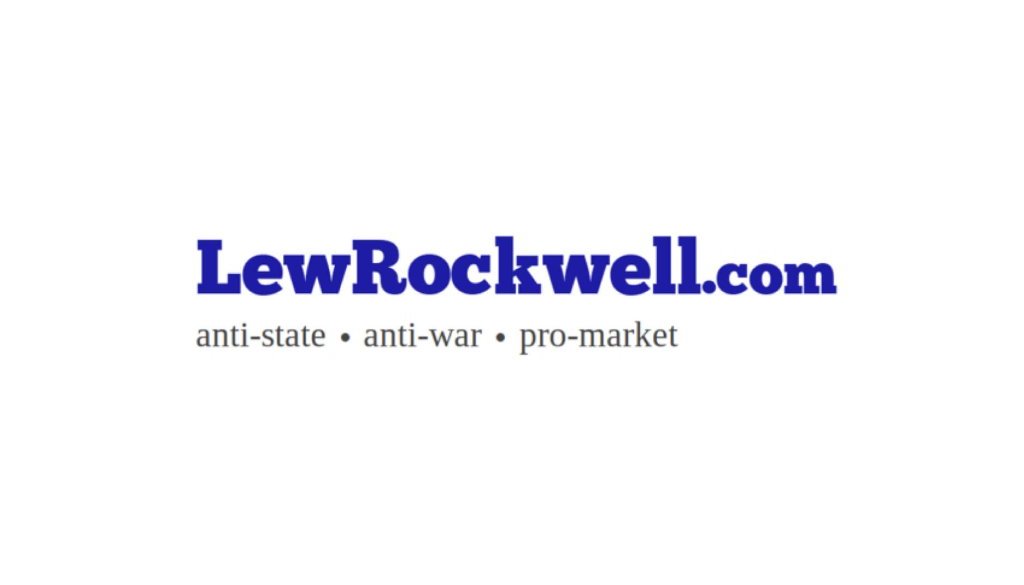Yes, the Visible Head of the Church Is the Pope—This Is Our Christian Faith
In a recent post on her Substack newsletter, Sarah Cain made a statement that, although predictable and already common in such difficult times, always gives us pause for thought: “Pope Francis was the biggest impediment to my conversion. I know that I’m not alone in that.”
Clearly, Cain is not the only one who has had to overcome such a difficulty. Terrible problems and doubts have confronted all those converts to Catholicism who, like myself, embraced—out of ignorance or excessive enthusiasm—a hyper-papalist interpretation of Pastor Aeternus, the famous dogmatic constitution from the First Vatican Council. Without a doubt, this type of purification of our Faith is one of the most painful imaginable.
Putting aside for now the discussions about “good popes/bad popes” and all the consequences of disastrous pontificates (especially when, at least through ambiguity, our faith is put at risk), many of those who have found themselves facing the walls of hyper-papalist Jericho still believe in the authority of the hierarchical structure of the Church as ordained by God and in the necessity of the papal office.
Unfortunately, there are also many Catholics who have not passed the test. If I mention only the names Rod Dreher and Michael Warren Davis, I am sure you will immediately understand whom I am referring to. These are all those who, scandalized by the ambiguity of the pontificate that has just ended, not only left the Catholic Church but went so far as to deny the very existence of the papal office.
It is tragic that such f
Article from LewRockwell

LewRockwell.com is a libertarian website that publishes articles, essays, and blog posts advocating for minimal government, free markets, and individual liberty. The site was founded by Lew Rockwell, an American libertarian political commentator, activist, and former congressional staffer. The website often features content that is critical of mainstream politics, state intervention, and foreign policy, among other topics. It is a platform frequently used to disseminate Austrian economics, a school of economic thought that is popular among some libertarians.



